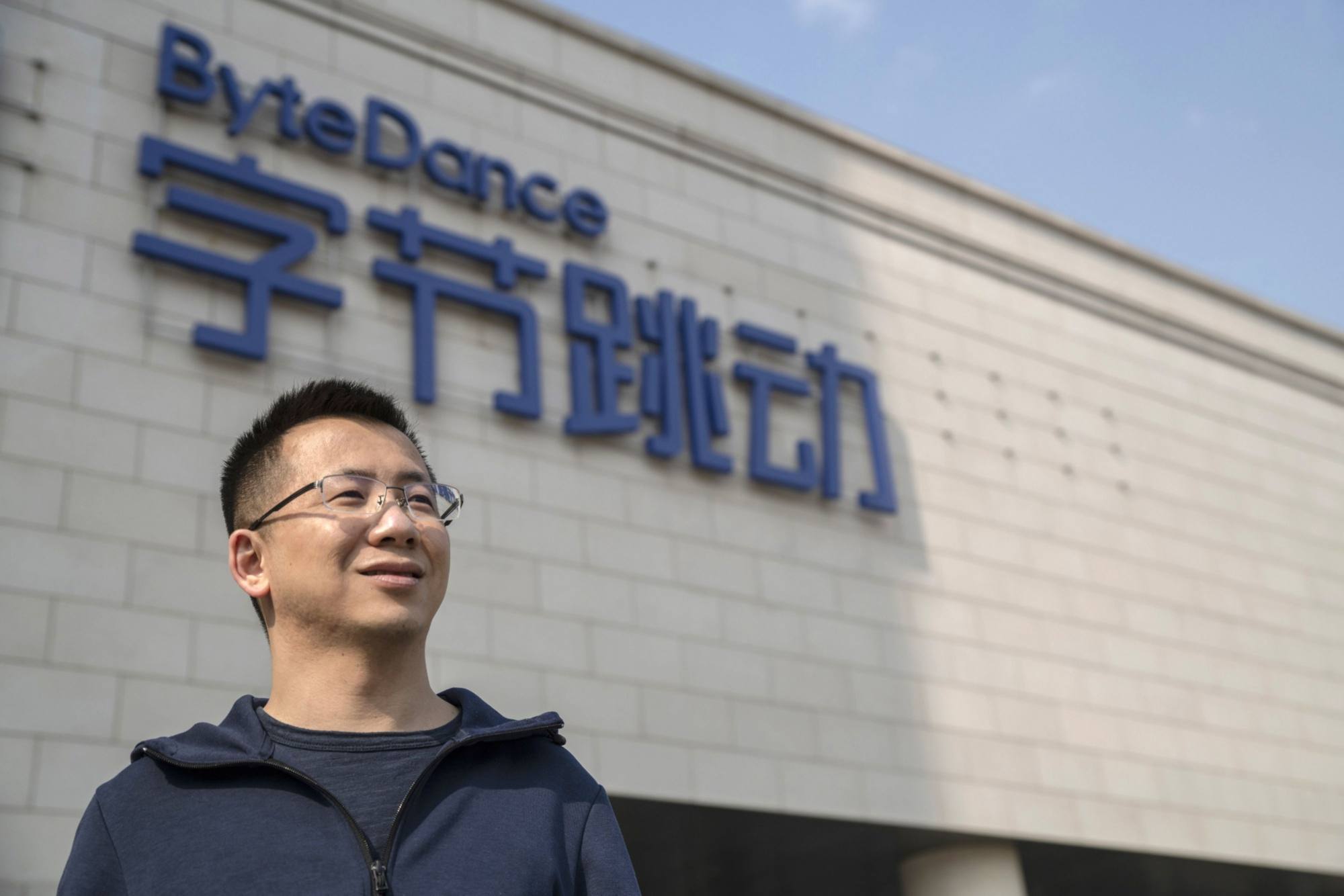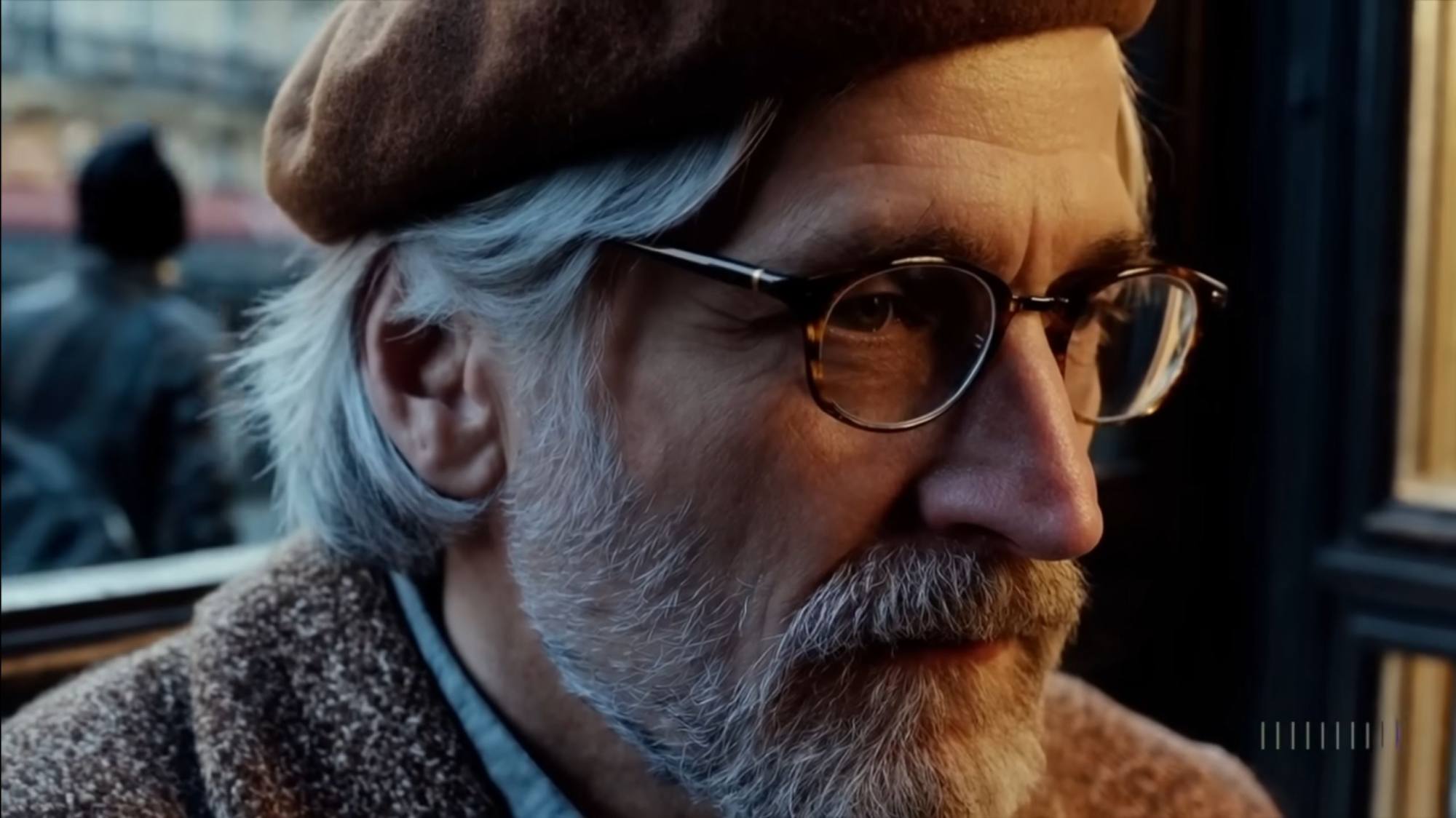ByteDance is “secretly” working on multiple AI products, including text-to-image and text-to-video technology, according to a report on Wednesday by Chinese media outlet Jiemian.
The team responsible for video-editing app CapCut, managed by Kelly Zhang Nan – former CEO of the Douyin unit, which oversees TikTok’s Chinese version – is also working confidentially on AI products.
ByteDance did not immediately respond to a request for comment on Thursday.
One source close to ByteDance, who requested anonymity to discuss internal matters, said that people who hold major sway at the company, including founder Zhang, now view AI as a battle that ByteDance cannot afford to lose. It is an “all in” mentality, the source said.
Chinese state TV airs AI-developed cartoon series amid Sora frenzy
ByteDance, China’s highest valued unicorn, is widely seen as a successful case of a business using machine learning algorithms to recommend content to viewers.
A village in Zhang’s hometown even erected a stone tablet in honour of the billionaire, praising ByteDance as the first tech company to apply AI to the mobile internet. The tablet, which was later removed, also called Douyin a trailblazer in live-streaming e-commerce.
Despite its early embrace of AI in content recommendation, ByteDance was relatively late in exploring LLMs. The company launched its chatbots Doubao and Cici AI in the second half of last year, after rivals Baidu and Alibaba Group Holding, owner of the Post, already rolled out their services in March and April.
After OpenAI launched the video generator Sora in mid-February, ByteDance said its in-house video motion control tool Boximator, which is designed to help generate videos, is still in infancy and not ready for public release.
 Zhang Yiming, founder of Bytedance. Photo: Bloomberg
Zhang Yiming, founder of Bytedance. Photo: Bloomberg
“It still has a big gap with leading video generation models in terms of image quality, fidelity and duration,” the company said.
But ByteDance is quietly trying to catch up.
Founder Zhang, who has maintained a low profile but still exerts major influence over the firm’s strategic direction, last year spent most of his energy on AI, according to the Jiemian report.
The article echoes an earlier report by mainland magazine China Entrepreneur, which said Zhang often reads OpenAI research papers late into the night.
In early February, executive Kelly Zhang relinquished her role as Douyin’s CEO to devote more time to CapCut, saying that “AI technology will substantially disrupt content creation and even give birth to new content creation platforms”.
Ukraine YouTuber identity stolen to sell Russian goods online in China
Alex Zhu, co-founder of the short video app Musical.ly that later merged with TikTok, and Zhu Wenjia, tech lead at TikTok, have also adjusted their responsibilities to focus on AI.
A sense of urgency has permeated the company after CEO Liang berated employees in January for being too slow to react to the emergence of new technologies, such as GenAI.
At an internal meeting, he said ByteDance employees did not talk about ChatGPT, which was released in November 2022, until the following year.
 This screenshot is taken from a video of a man in a Paris cafe generated by Sora, an AI that turns text descriptions into clips. Sora, which is not available to the public as of February 2024, has rattled AI companies with its impressive – though often imperfect – results. Image: OpenAI
This screenshot is taken from a video of a man in a Paris cafe generated by Sora, an AI that turns text descriptions into clips. Sora, which is not available to the public as of February 2024, has rattled AI companies with its impressive – though often imperfect – results. Image: OpenAI
Globally, ByteDance is far from the only tech company that is reassessing its AI strategy.
Tech companies in China, big or small, have become increasingly interested in GenAI, according to Vahid Haghzare, founder and managing director of Silicon Valley Associates Recruitment, a headhunting firm specialising in tech jobs in regions including Asia.
“We are getting a lot of requests in the last six to nine months from the whole market,” he said, adding that demand for talent with knowledge in text-to-video generation “has been picking up a lot this year”.
Nvidia’s stellar results show it can thrive amid China decoupling
Although US companies pay the best among employers worldwide, Haghzare said that China has no lack of AI talent because the government there has made AI part of its national strategy for years.
China included AI in its five-year plan in 2016, and President Xi Jinping in 2018 declared AI “the strategic technology that will lead this round of scientific and technological revolution and industrial transformation”.
The country also has a large pool of AI talent, given its huge population and the availability of AI education at its universities, according to Haghzare. In 2019, the education ministry approved applications from 35 institutions to offer undergraduate degrees in AI, followed by 180 more a year later.Still, as Chinese companies scramble for talent to work on AI projects, candidates with GenAI knowledge can command salaries as much as two-thirds higher than their peers without related skills, according to a recent report by Chinese recruitment agency Liepin.
Originally Appeared Here


